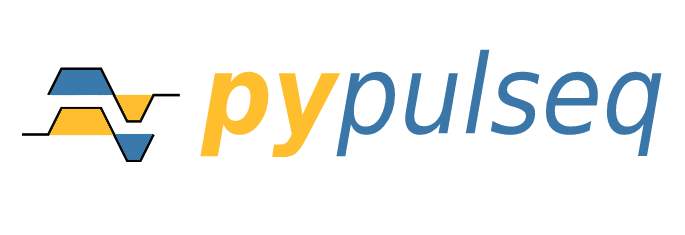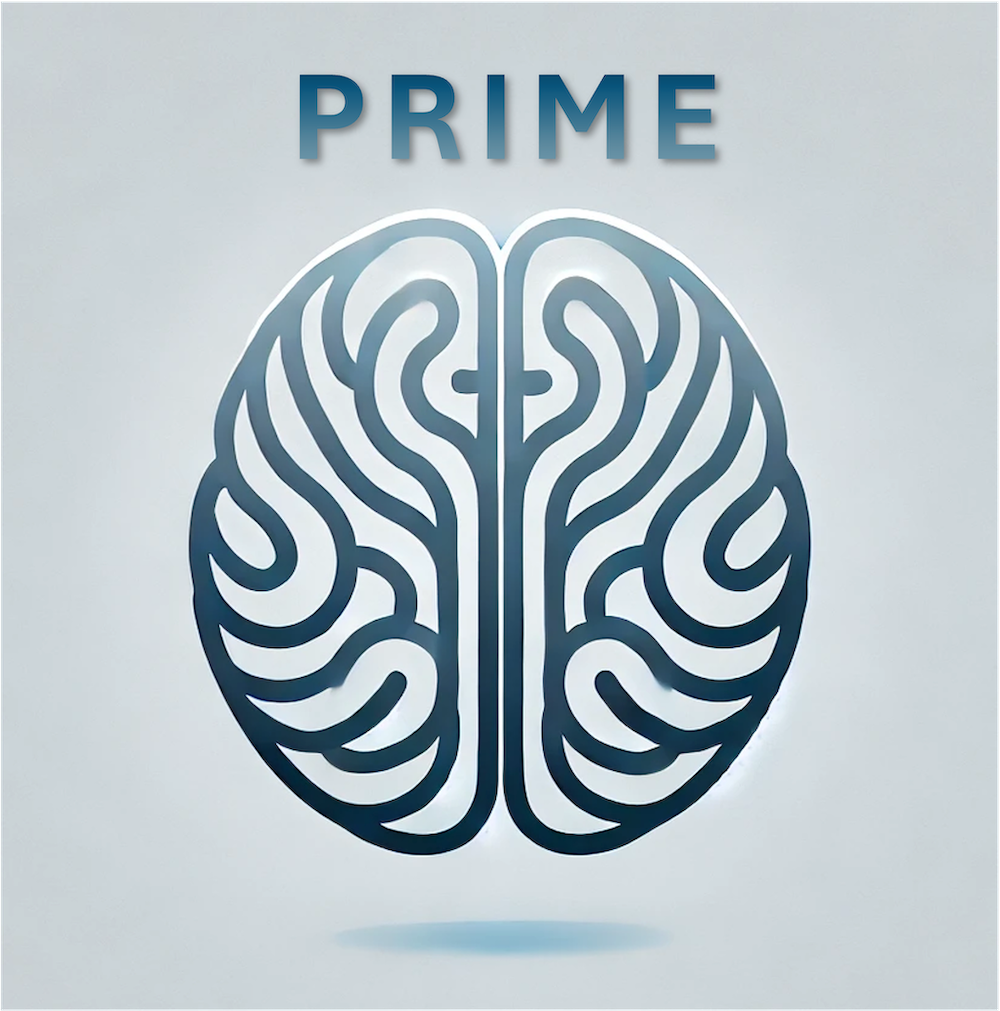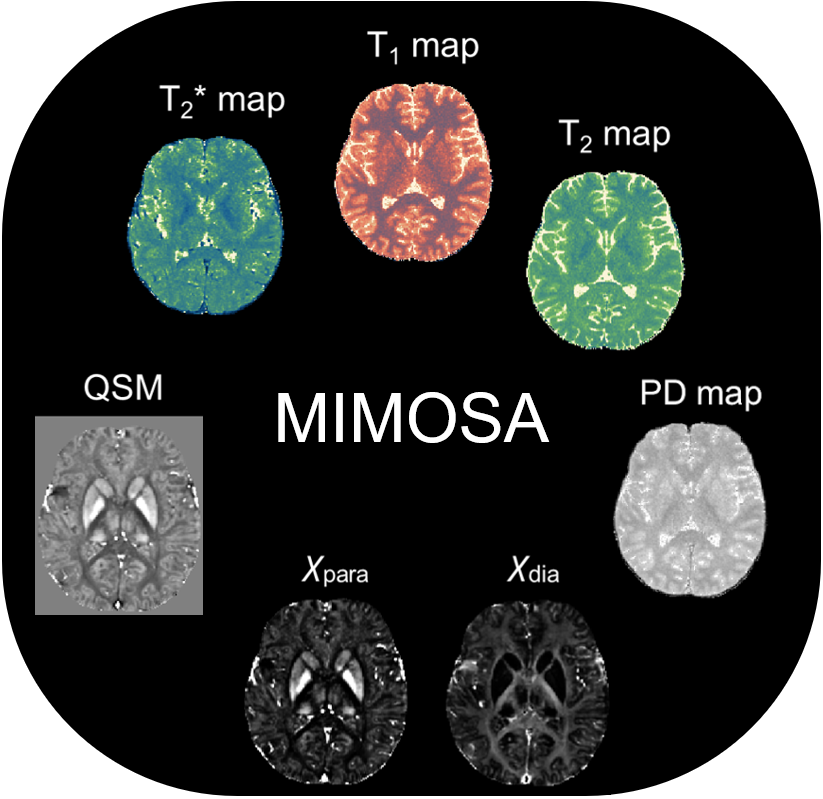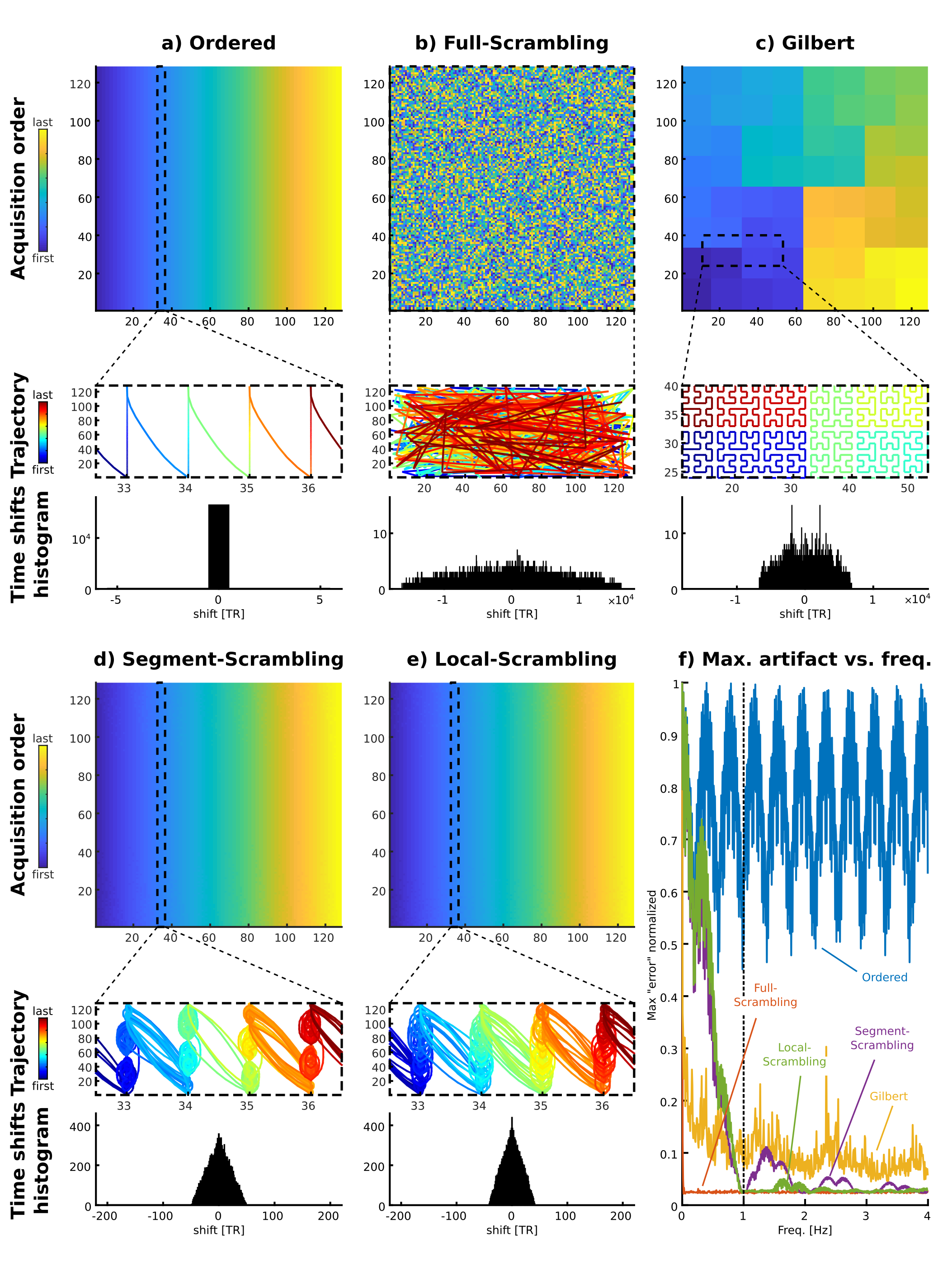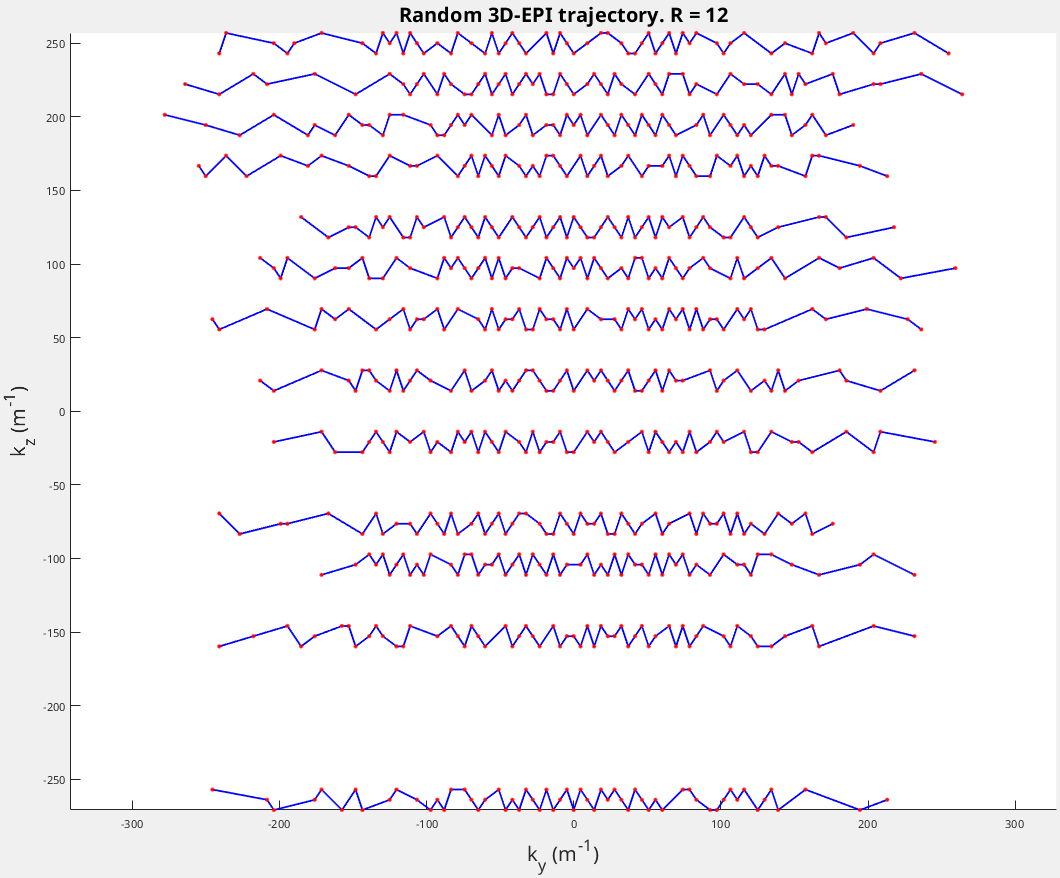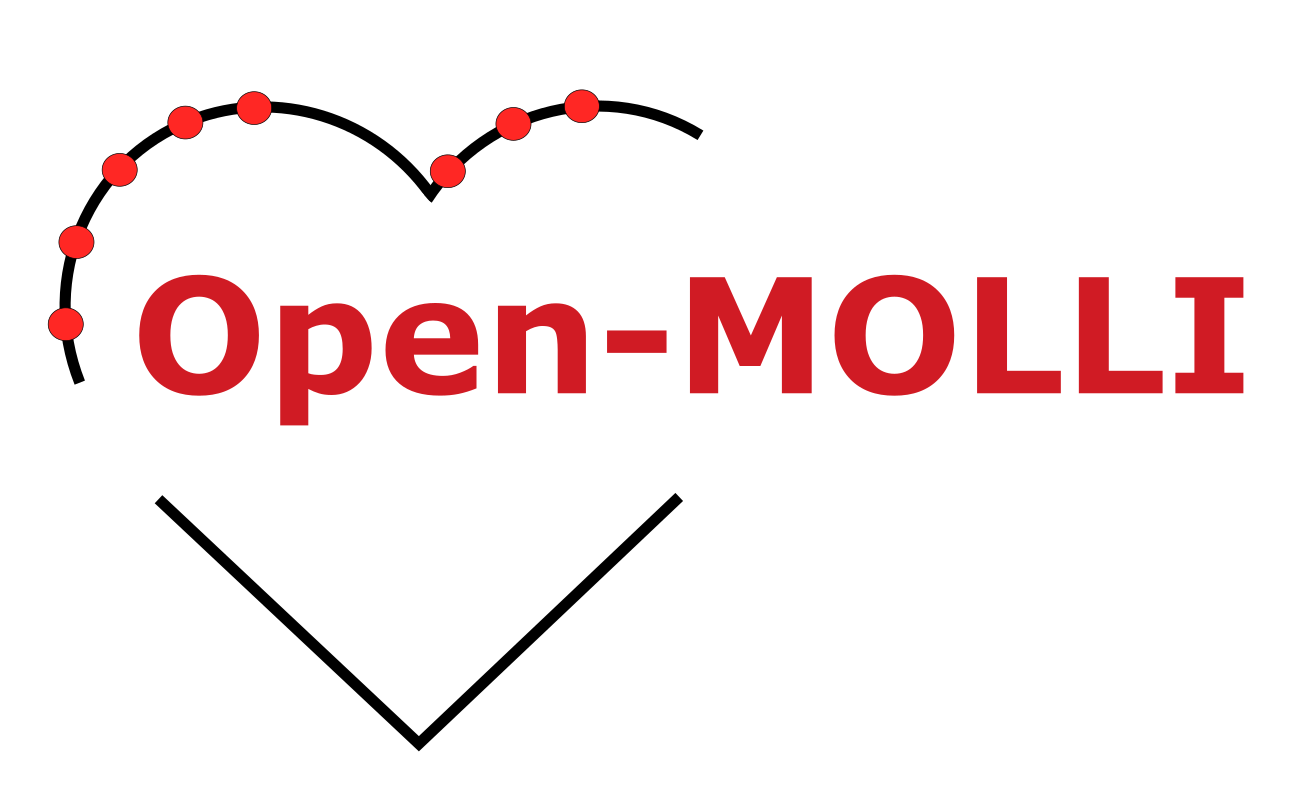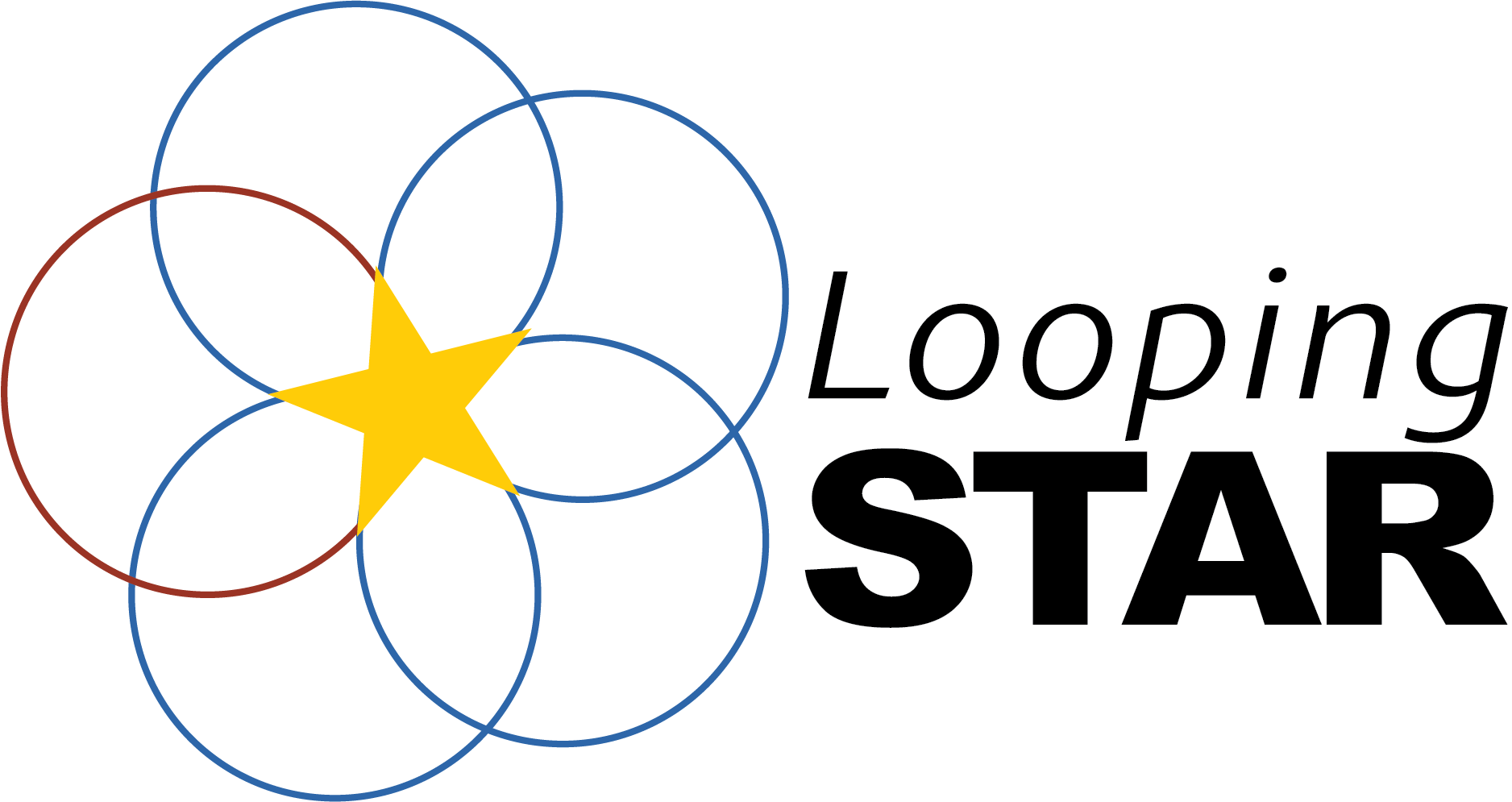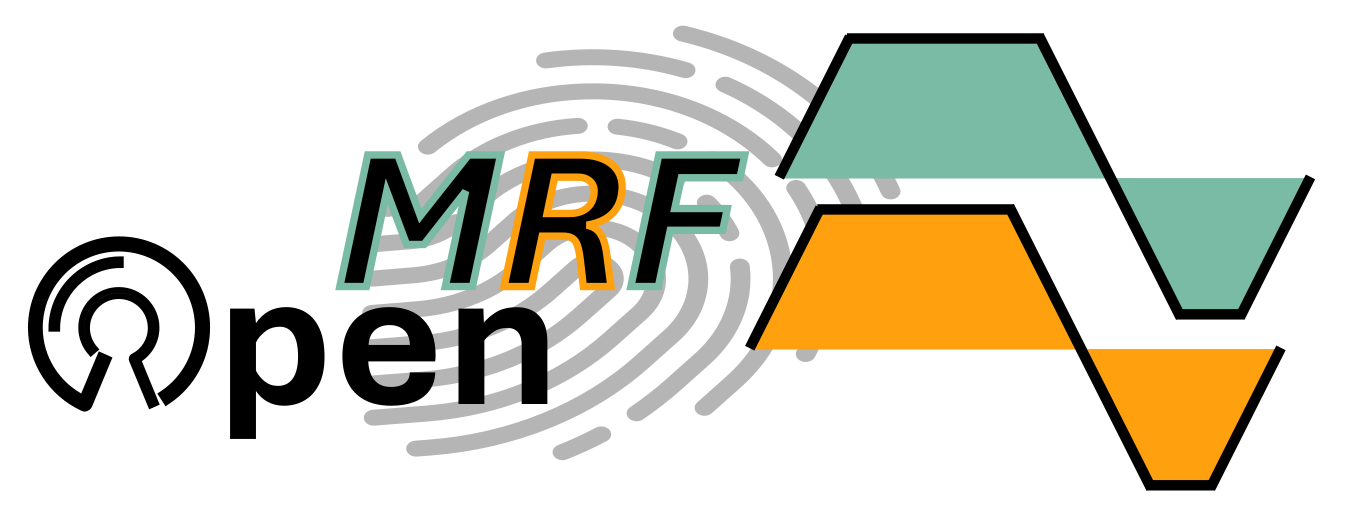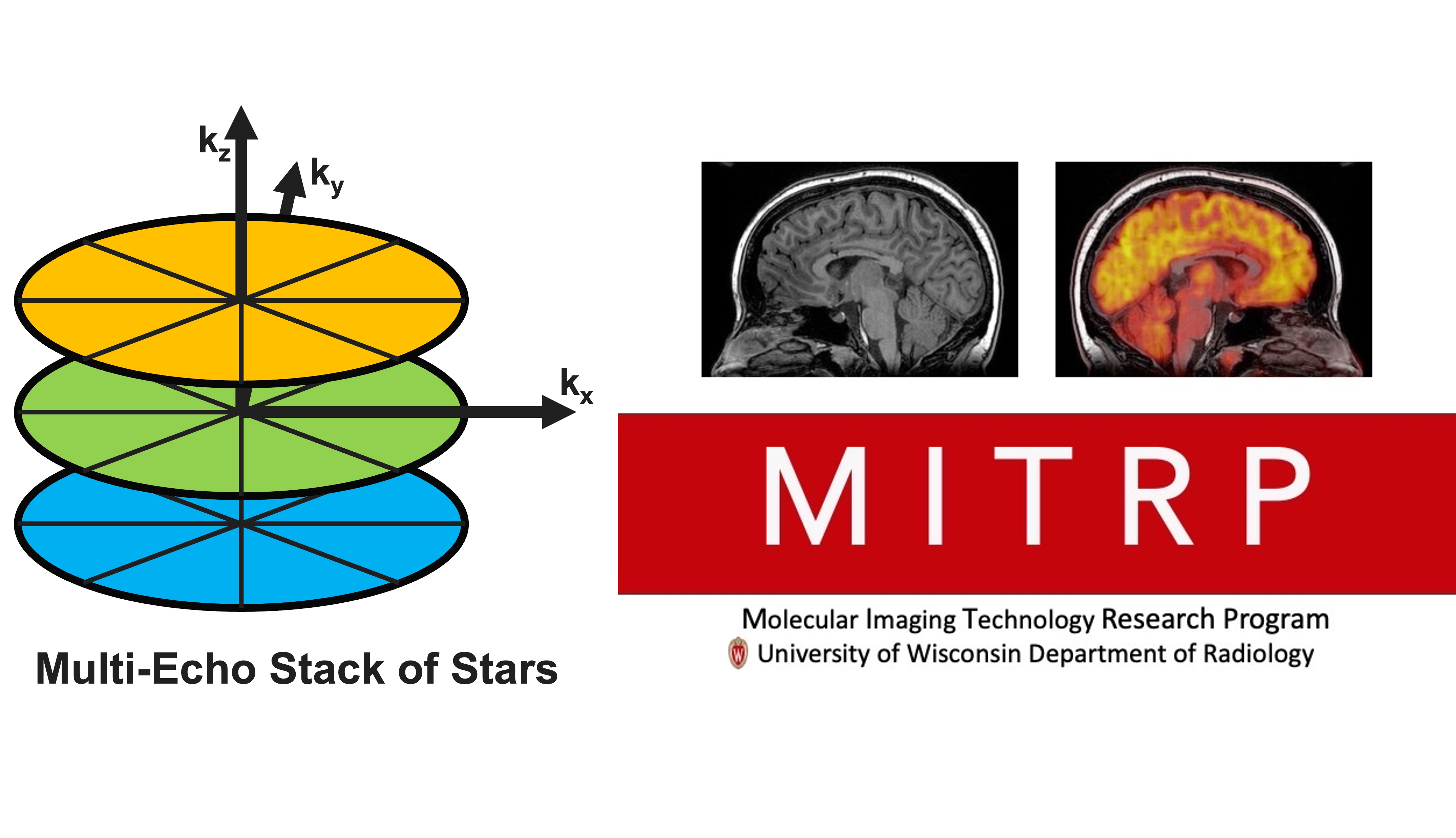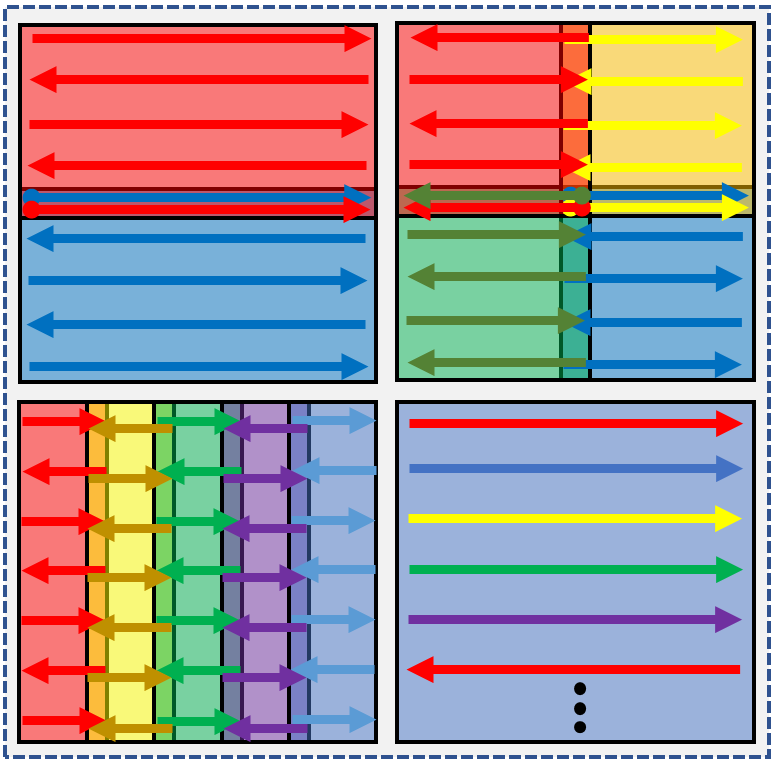Projects
Sequence programming, Image reconstruction, Diffusion
Pulseq-diffusion
MatLab code to create diffusion EPI sequences to be run using the Pulseq sequence programming environment
Read moreQuantitative MRI
3D multiparametric mapping
Open-source, vendor-agnostic, rapid 3D multiparametric mapping provided T1 and T2 relaxation times with less than a 4.0% variation across different scanners, software, and vendors, with improved cross-vendor reproducibility for both in phantom and in vivo data compared to vendor-native implementations.
Read moreSequence programming, Pulseq interpreter
Pulseq on GE
Community-developed Pulseq interpreter for GE scanners.
Read moreSequence programming, Image reconstruction, Image processing, Quantitative MRI
Free-breathing fat quantification
This project implements a flip angle modulated, 2D-encoded sequential Cartesian gradient echo acquisition for high-SNR, motion-robust fat (PDFF) and iron (R2*) quantification, originally designed for use in the liver. After confounder-corrected fitting for PDFF and R2*, initial results show strong reproducibility across vendors, scanner models, and field strengths.
Read moreSequence programming, Image reconstruction, Diffusion
PRIME: accelerated distortion-free diffusion MRI
Phase-reversed interleaved multi-echo acquisition (PRIME) for rapid, high-resolution, and distortion-free dMRI
Read moreSequence programming, Image reconstruction, Quantitative MRI
MIMOSA for highly efficient qMRI
MIMOSA enables highly-efficient T1, T2, T2*, PD, QSM, para- and diamagnetic susceptibility mapping.
Read moreSequence programming
Shuffle3DGRE
An open (via Pulseq) 3D gradient echo MRI sequence supporting multiple Cartesian trajectory options for reducing physiological fluctuation artifacts
Read moreSequence programming, Image reconstruction, fMRI
Random 3D EPI and low-rank recon
A set of tools for vendor-agnostic, highly accelerated fMRI acquisition and reconstruction.
Read moreSequence programming
Open-MOLLI
Open-source Myocardial T1 mapping (Open-MOLLI) developed using Pulseq is an inversion recovery T1 mapping sequence with a triggering scheme 5(3)3. Open-MOLLI provides the groundwork for standardization and for further developments such as adding simultaneous multi-slice excitation (SMS) capabilities to Open-MOLLI myocardium T1 mapping.
Read moreSequence programming, Image reconstruction
Looping Star
Looping Star pulse sequence and reconstruction pipeline in Pulseq
Read moreSequence programming, Image reconstruction, Image processing, Simulations, Protocol workflow, Diffusion, Quantitative MRI
OpenMRF
A Pulseq-based Magnetic Resonance Fingerprinting Framework
Read moreSequence programming, Image reconstruction, fMRI
Functional MRI protocols in Pulseq
Harmonized fMRI sequences and reconstruction protocols for multi-site, multi-vendor studies.
Read moreSequence programming, Protocol workflow
Pulsepal - Pulseq AI Assistant
Pulsepal is an AI agent with access to Pulseq documentation, function signatures, and complete sequences. This allows Pulsepal to answer questions, provide tutorials, assist with coding, and help debug Pulseq MATLAB code. Pulsepal has a familiar feel to other LLMs, such as GPT and Gemini, but specialized and focused for Pulseq knowledge.
Read moreSequence programming
Multi-Echo Stack of Stars
An open-source and vendor-agnostic 3D multi-echo stack-of-stars sequence implemented in Pulseq
Read moreSequence programming, Image reconstruction, fMRI, Diffusion
Overlap-Kernel EPI
A Pulseq demo of seq. and recon. for multi-shot 2D EPI with 4 trajectories and self-navigation options.
Read more



